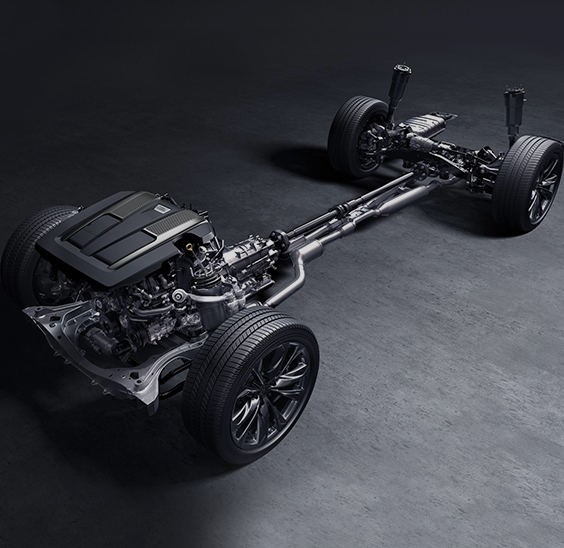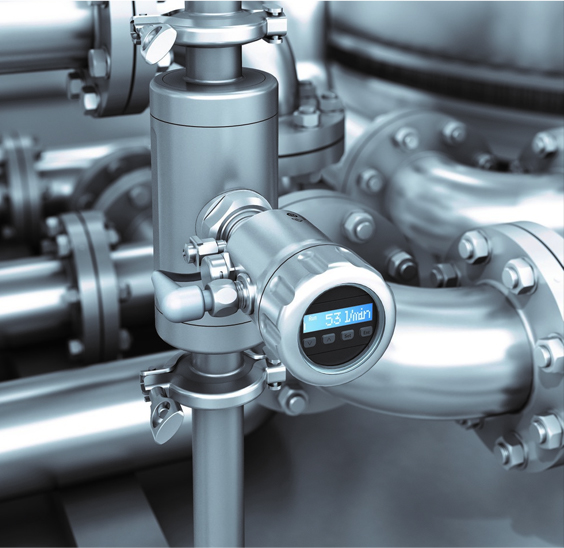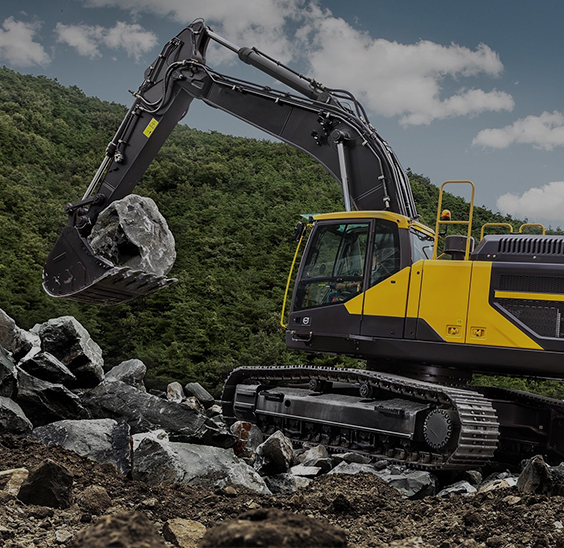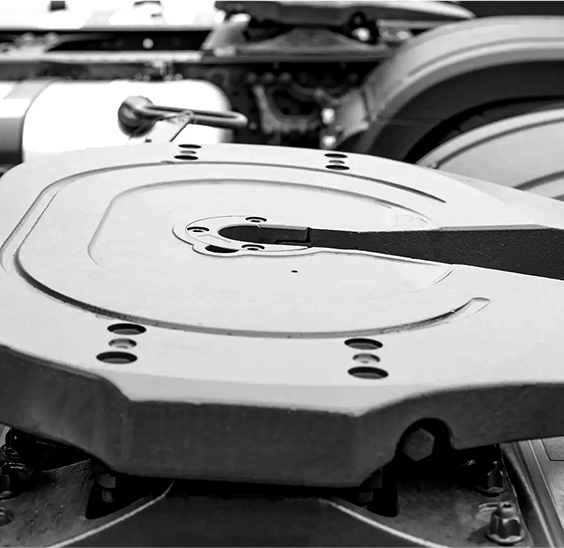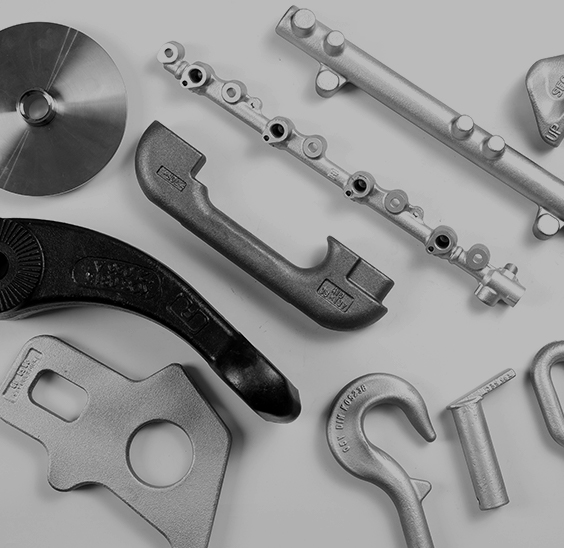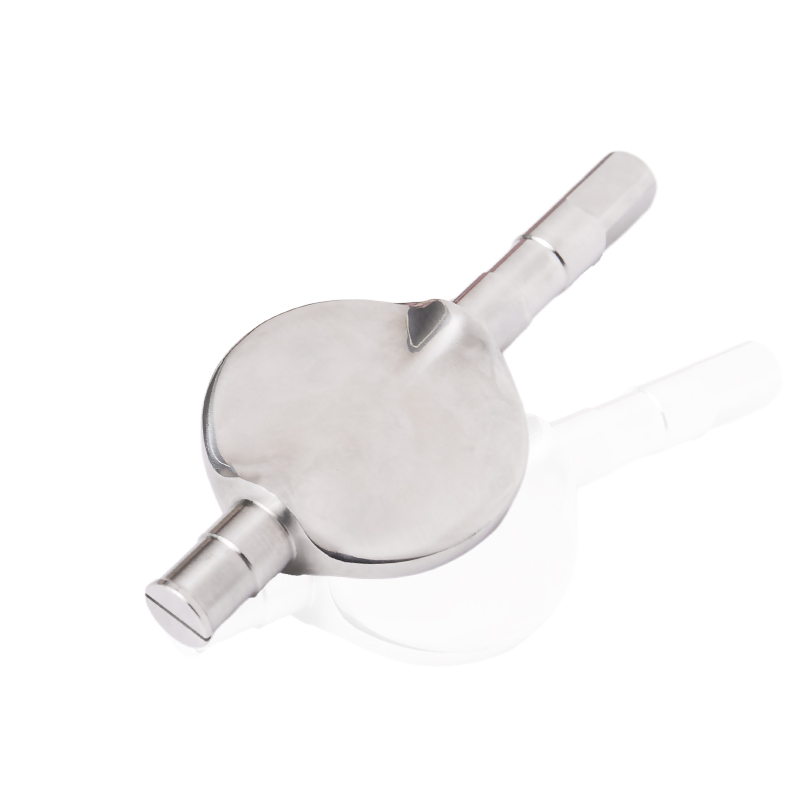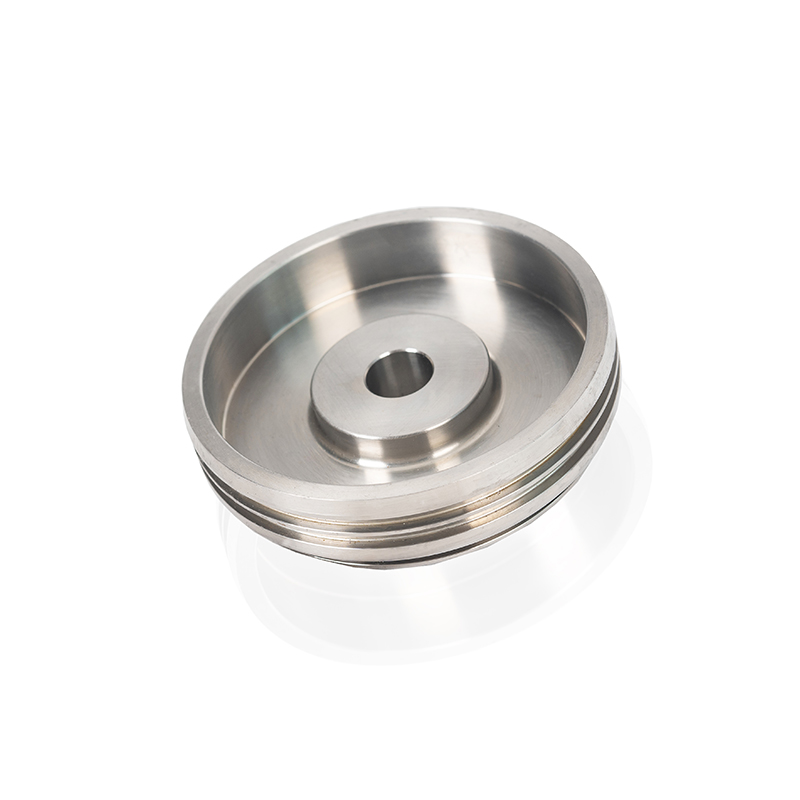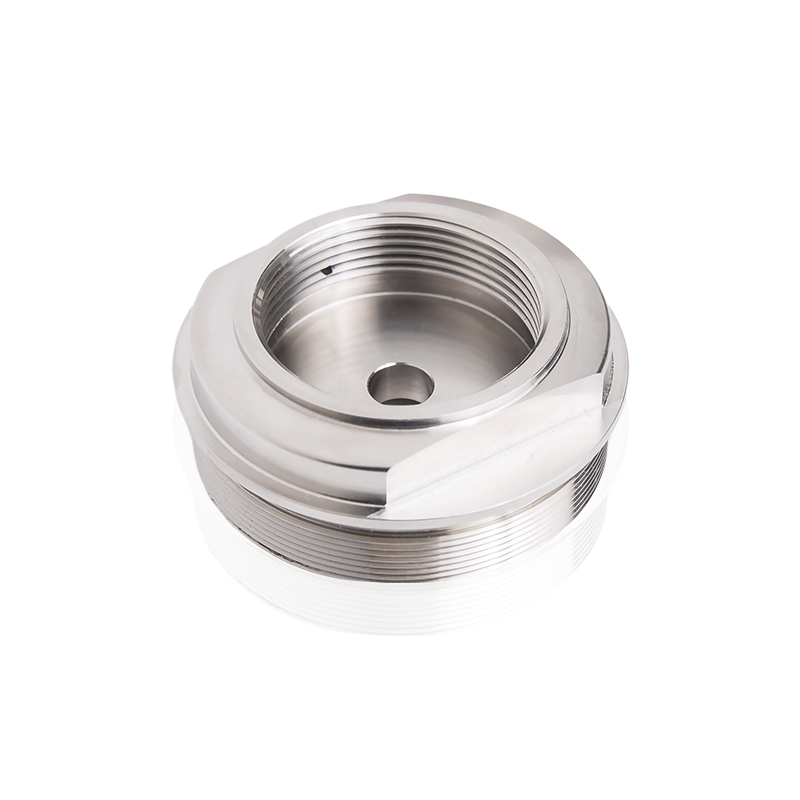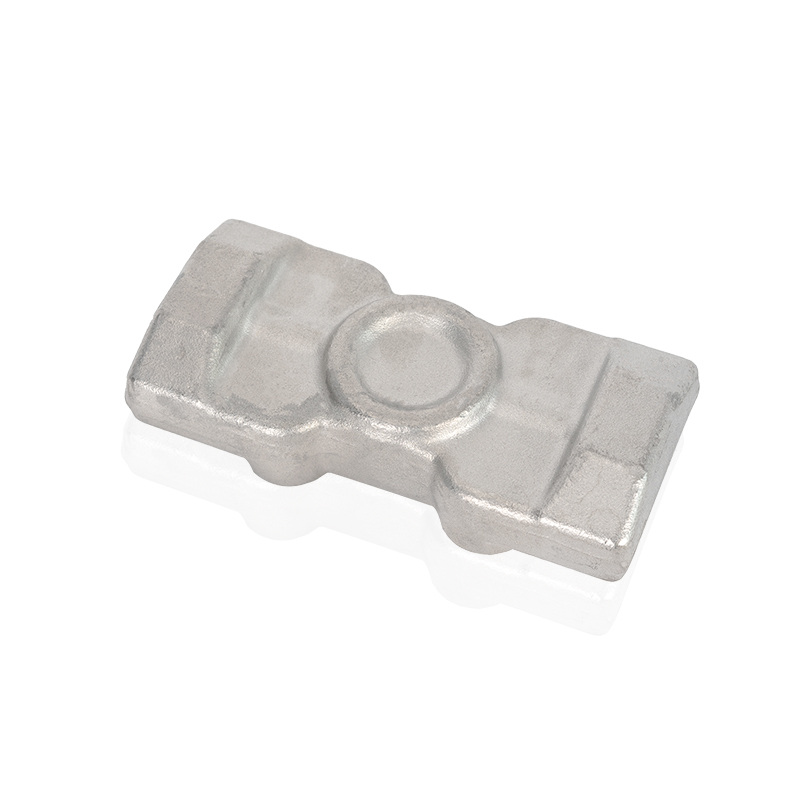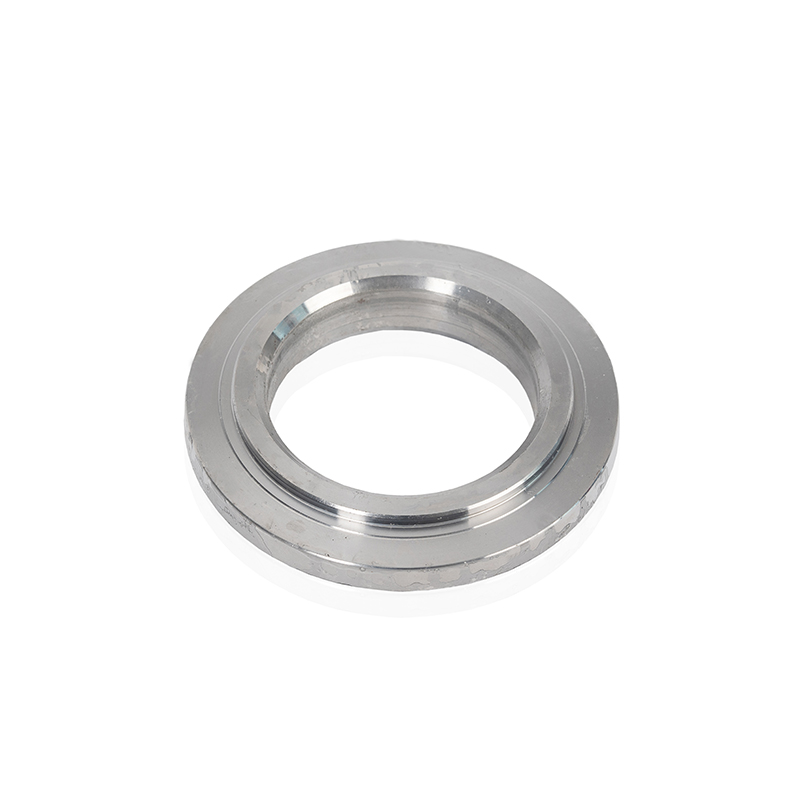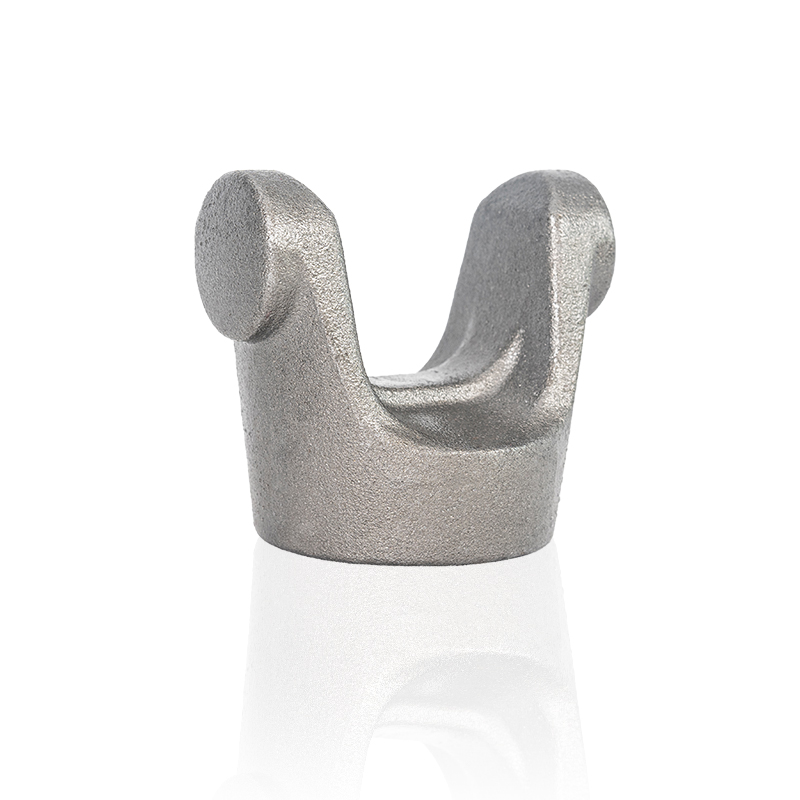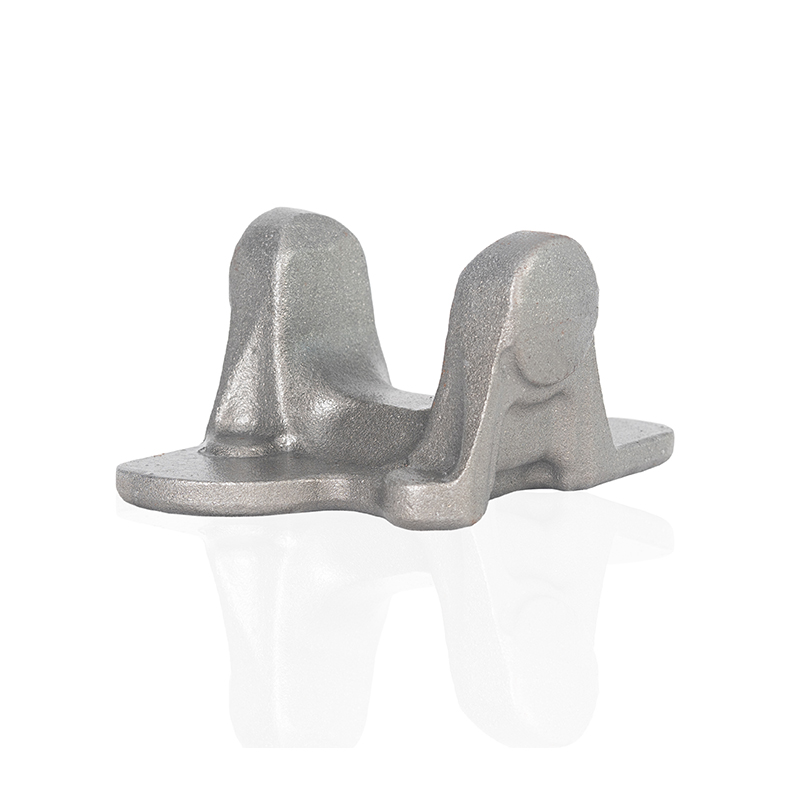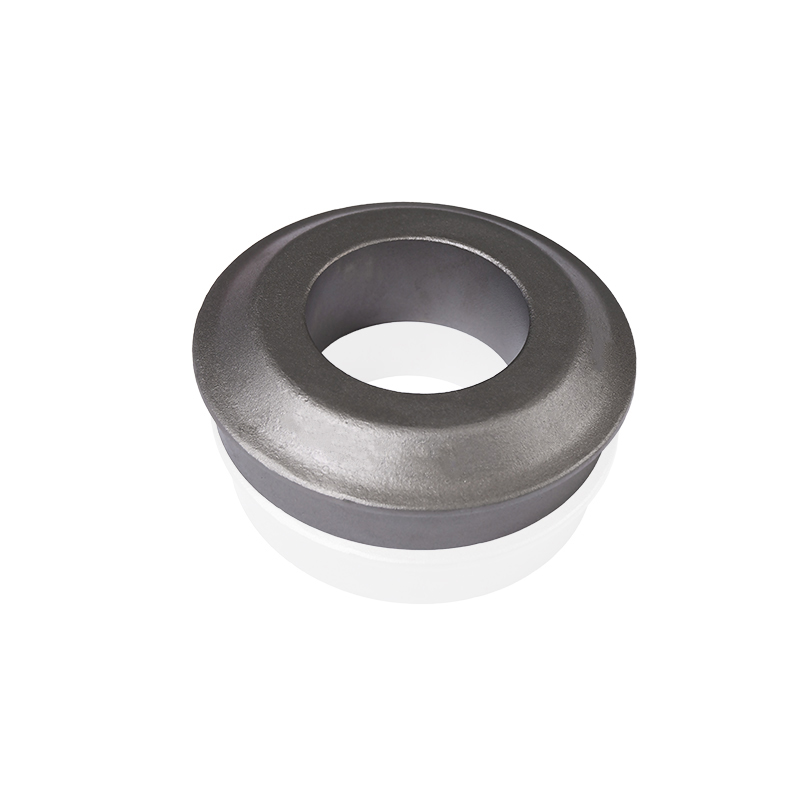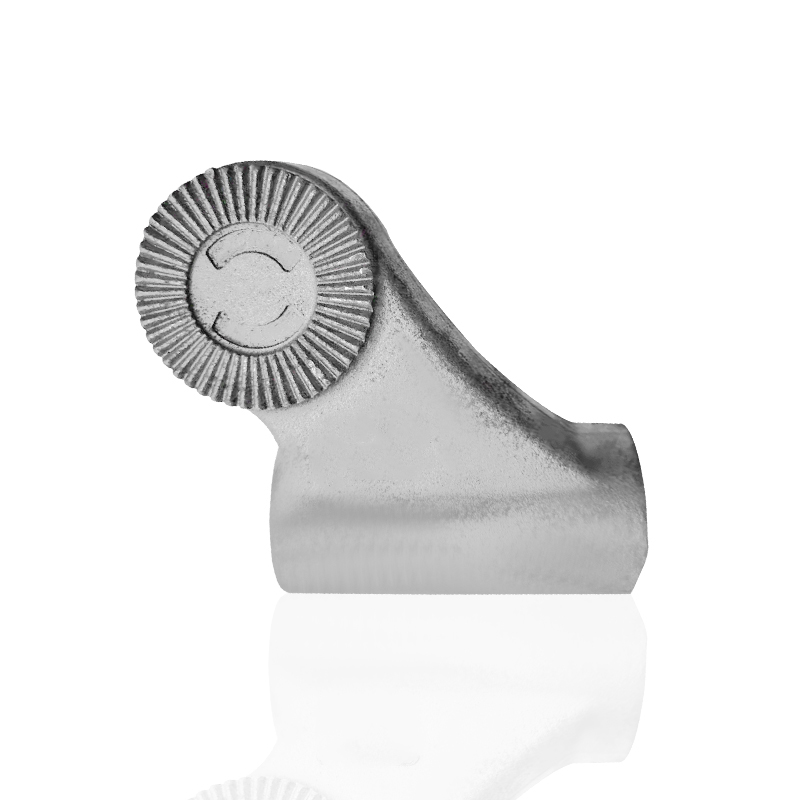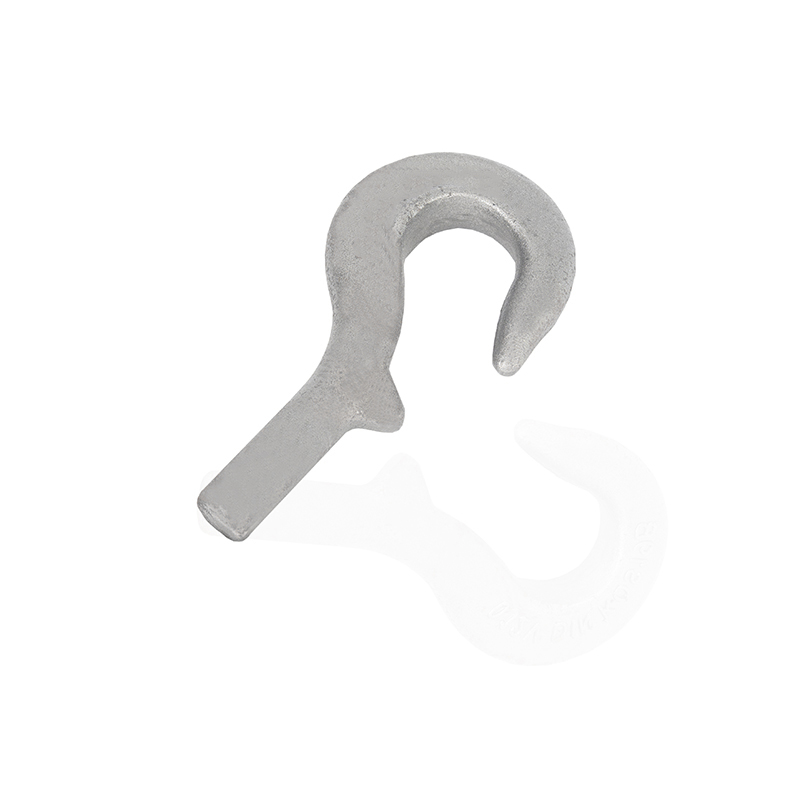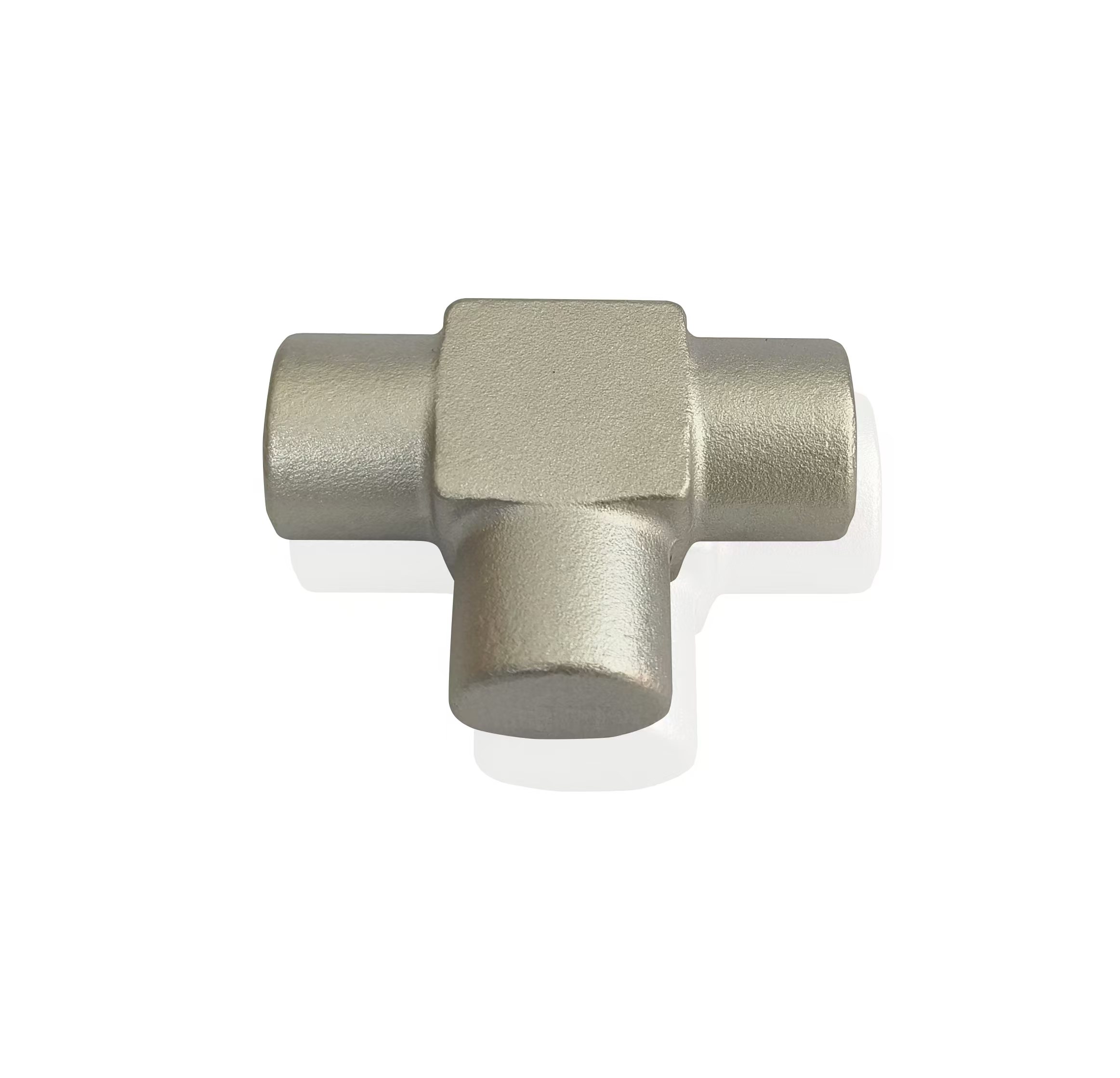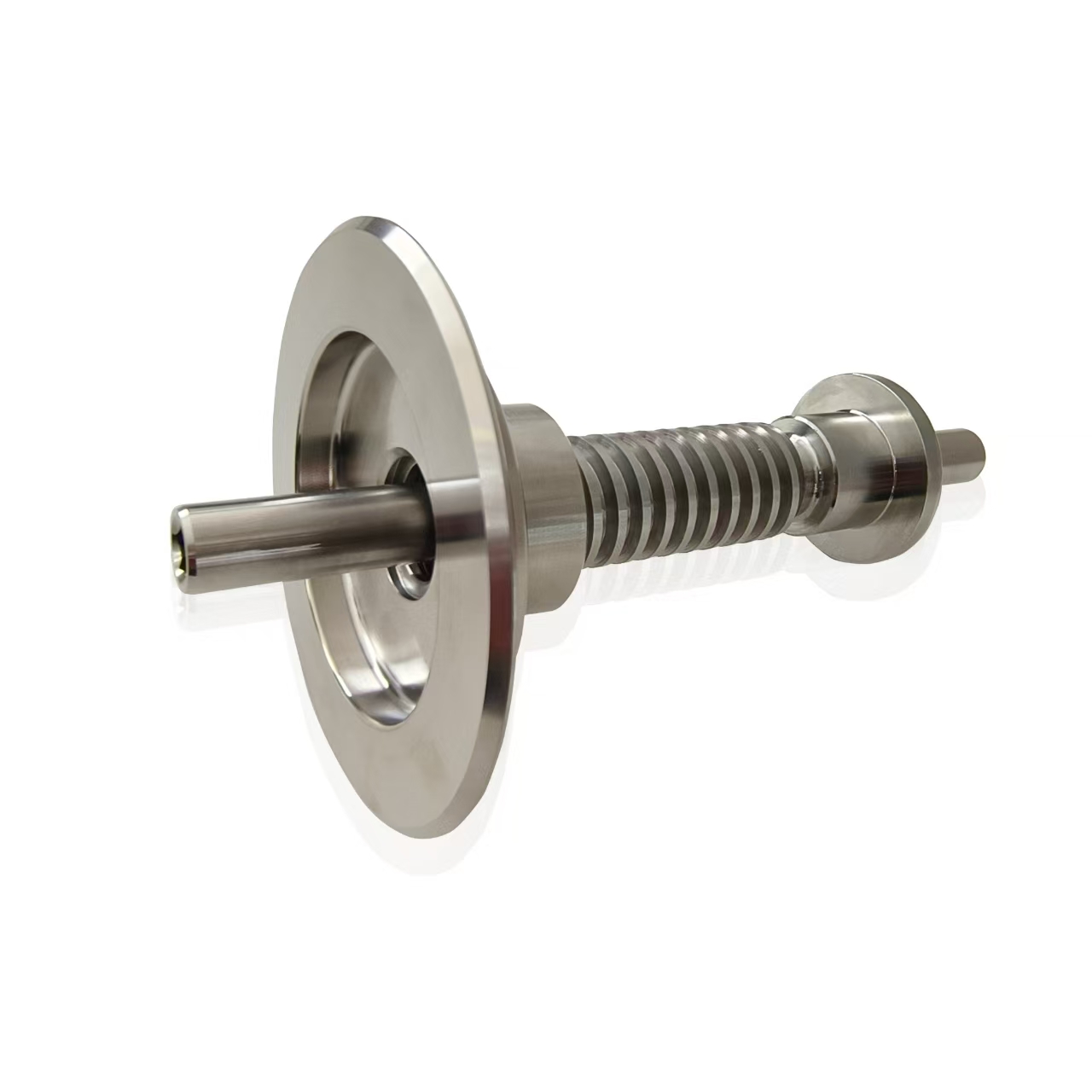How does heat treatment affect the mechanical properties of engineering machinery forgings?
 2024.05.01
2024.05.01
 Industry news
Industry news
Engineering machinery forgings play a pivotal role in the construction of robust and reliable equipment for various industrial applications. These forgings undergo a series of meticulous processes to ensure they possess the necessary mechanical properties to withstand demanding operational conditions. One of the key processes that significantly influences the mechanical properties of engineering machinery forgings is heat treatment.
Heat treatment is a controlled process that involves heating and cooling materials, typically metals, to alter their physical and mechanical properties. In the context of engineering machinery forgings, heat treatment is indispensable for achieving desired characteristics such as hardness, strength, toughness, wear resistance, and machinability.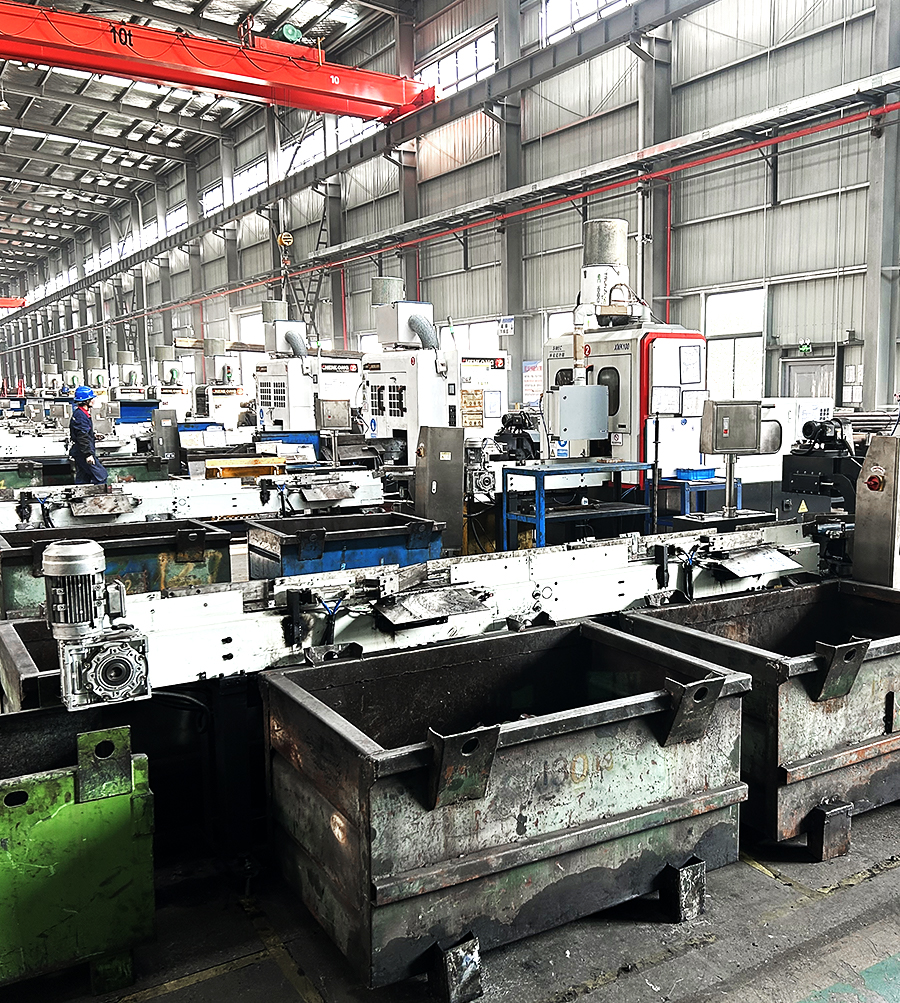 One of the primary effects of heat treatment on engineering machinery forgings is the enhancement of hardness. By subjecting the forgings to specific heating and cooling cycles, the microstructure of the material can be modified to increase its hardness. For example, quenching, which involves rapid cooling of the heated material, can create a hardened structure within the forgings. This increased hardness is crucial for applications where the forgings are exposed to abrasive forces or high levels of wear.
One of the primary effects of heat treatment on engineering machinery forgings is the enhancement of hardness. By subjecting the forgings to specific heating and cooling cycles, the microstructure of the material can be modified to increase its hardness. For example, quenching, which involves rapid cooling of the heated material, can create a hardened structure within the forgings. This increased hardness is crucial for applications where the forgings are exposed to abrasive forces or high levels of wear.
Heat treatment also plays a vital role in improving the overall strength and toughness of engineering machinery forgings. Through processes like quenching and tempering, forgings can achieve a balance between hardness and toughness. Quenching imparts high strength by rapidly cooling the material, while tempering relieves internal stresses and increases toughness. This combination of strength and toughness is essential for withstanding heavy loads, shocks, and cyclic stresses commonly encountered in machinery applications.
Engineering machinery forgings often operate in environments where wear and abrasion are significant challenges. Heat treatment can address this issue by enhancing wear resistance. Techniques such as carburizing or nitriding introduce a hardened surface layer on the forgings, improving their resistance to friction, abrasion, and wear. This increased wear resistance prolongs the service life of machinery components, reducing maintenance costs and downtime.
Another aspect influenced by heat treatment is the machinability of engineering machinery forgings. Proper heat treatment processes can result in forgings with improved machinability, making them easier to machine to precise dimensions and tolerances. This is crucial for ensuring the compatibility and assembly of machinery components, contributing to overall operational efficiency.
Heat treatment is a controlled process that involves heating and cooling materials, typically metals, to alter their physical and mechanical properties. In the context of engineering machinery forgings, heat treatment is indispensable for achieving desired characteristics such as hardness, strength, toughness, wear resistance, and machinability.

Heat treatment also plays a vital role in improving the overall strength and toughness of engineering machinery forgings. Through processes like quenching and tempering, forgings can achieve a balance between hardness and toughness. Quenching imparts high strength by rapidly cooling the material, while tempering relieves internal stresses and increases toughness. This combination of strength and toughness is essential for withstanding heavy loads, shocks, and cyclic stresses commonly encountered in machinery applications.
Engineering machinery forgings often operate in environments where wear and abrasion are significant challenges. Heat treatment can address this issue by enhancing wear resistance. Techniques such as carburizing or nitriding introduce a hardened surface layer on the forgings, improving their resistance to friction, abrasion, and wear. This increased wear resistance prolongs the service life of machinery components, reducing maintenance costs and downtime.
Another aspect influenced by heat treatment is the machinability of engineering machinery forgings. Proper heat treatment processes can result in forgings with improved machinability, making them easier to machine to precise dimensions and tolerances. This is crucial for ensuring the compatibility and assembly of machinery components, contributing to overall operational efficiency.


